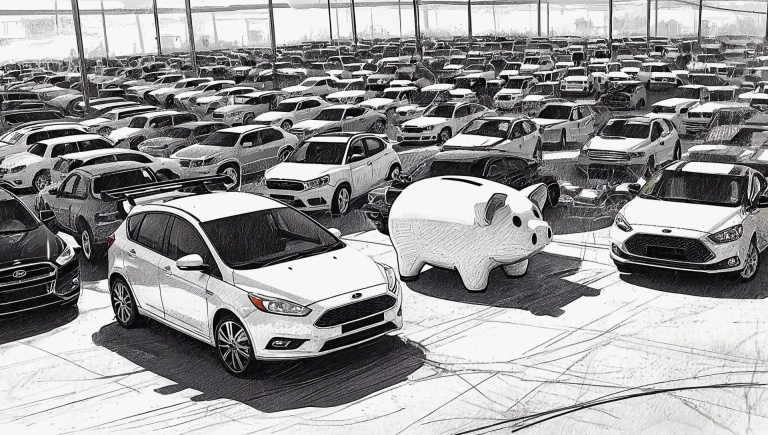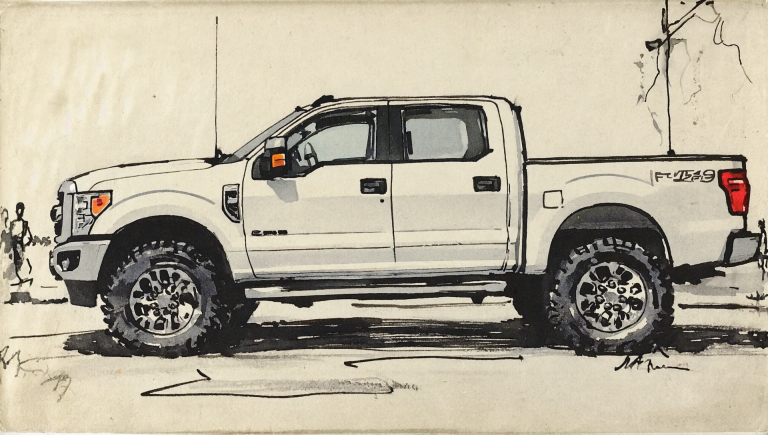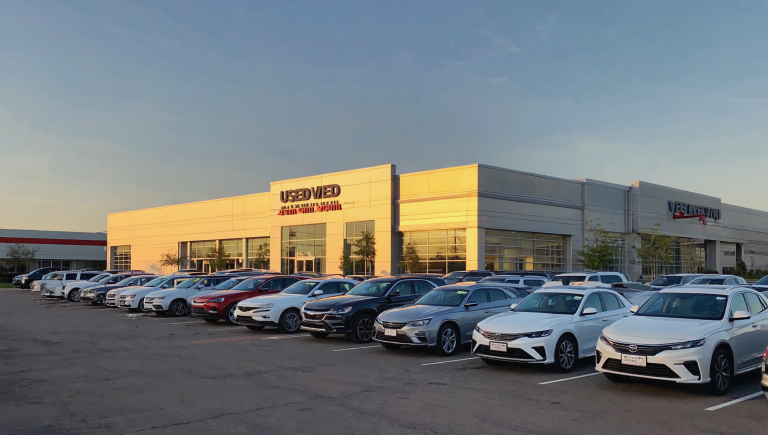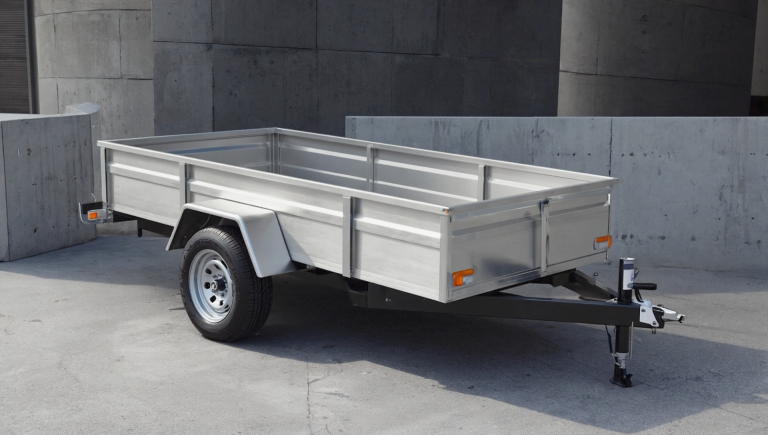Michelin Tires: Unmatched Quality, Varieties, and Expert Buying Tips
The tire industry is one of the most critical components of the automotive world, influencing everything from safety and performance to fuel efficiency and overall driving comfort.
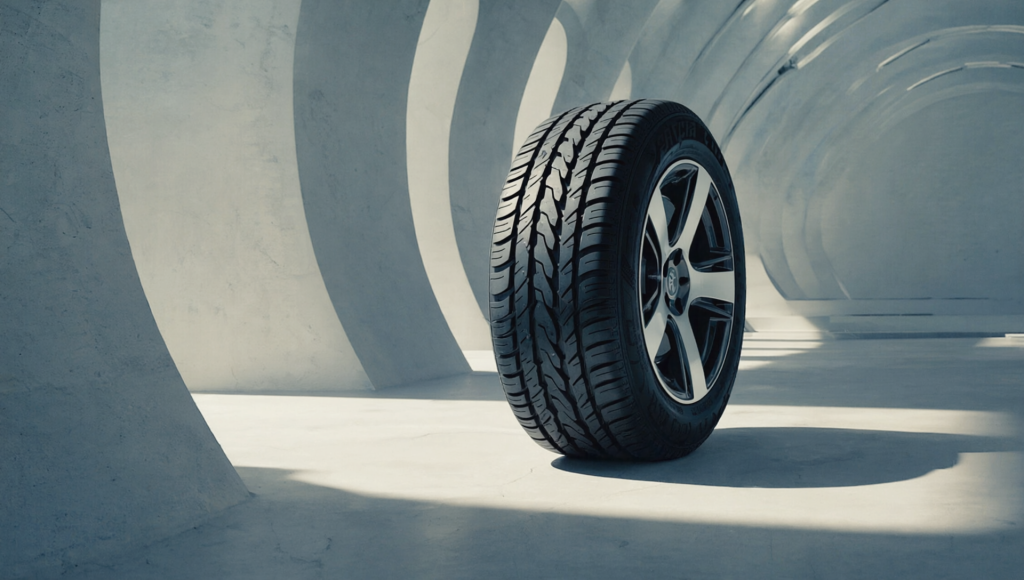
Among the leading names in this industry, Michelin has established itself as a symbol of excellence, innovation, and reliability. With decades of research and development behind its products, Michelin continues to set high standards in tire quality and technology. This article delves into the world of Michelin tires, exploring their superior quality, the wide variety of options available, and practical tips for making smart purchasing decisions.
Michelin’s commitment to excellence is evident in every tire they produce. From the careful selection of raw materials to the implementation of cutting-edge manufacturing techniques, Michelin tires are engineered to meet rigorous performance and safety standards. In today’s fast-paced automotive environment, where technology and consumer expectations are continuously evolving, Michelin remains at the forefront, delivering products that not only enhance vehicle performance but also provide exceptional durability and comfort.
Understanding Tire Quality and Performance
Tire quality is determined by several key factors, including the composition of the rubber compound, the structural design of the tire, and the quality of the manufacturing process. Michelin invests heavily in research and development to create specialized compounds that deliver optimal grip, reduced rolling resistance, and improved fuel efficiency. These compounds are designed to perform consistently across a range of temperatures and road conditions, ensuring that drivers enjoy a reliable and safe driving experience.
In addition to the rubber compound, the construction of a tire plays a significant role in its overall performance. Modern tires, such as those produced by Michelin, are constructed using multiple layers of high-strength materials, including fabric, steel belts, and reinforced rubber. This sophisticated construction not only enhances the tire’s ability to withstand high speeds and heavy loads but also contributes to its longevity and resistance to wear and tear.
The design of the tread is another critical aspect of tire performance. A well-designed tread pattern is essential for channeling water away from the contact patch during wet conditions, thereby reducing the risk of hydroplaning. Michelin’s advanced tread designs are tailored to provide superior traction on dry, wet, and even snowy surfaces, ensuring that their tires deliver consistent performance no matter the driving conditions.
Innovations in Michelin Tire Technology
Innovation is at the heart of Michelin’s approach to tire manufacturing. The company has been a pioneer in incorporating digital technologies into tire design and production. One notable innovation is the development of smart tires equipped with sensors that monitor key performance indicators such as tire pressure, temperature, and tread wear in real time. This real-time data enables drivers to perform proactive maintenance, thereby enhancing safety and extending the life of the tires.
In recent years, Michelin has also embraced sustainable manufacturing practices. By incorporating renewable and recycled materials into their production processes, Michelin is not only reducing the environmental impact of tire production but also creating tires that are more energy-efficient. These eco-friendly tires help reduce rolling resistance, contributing to lower fuel consumption and a reduced carbon footprint.
Furthermore, Michelin continuously refines its tread designs using advanced computer simulations and real-world testing. This blend of digital innovation and hands-on engineering ensures that every Michelin tire is optimized for performance, durability, and safety. Such innovations not only set Michelin apart from its competitors but also drive the entire tire industry forward.
Exploring the Range of Michelin Tire Types
Michelin offers an extensive range of tire types to cater to the diverse needs of drivers around the world. One of the primary classifications is based on seasonal performance. All-season tires are engineered to provide balanced performance in a variety of weather conditions, making them an ideal choice for everyday driving. These tires deliver a harmonious blend of traction, durability, and comfort, ensuring that drivers can rely on them throughout the year.
For regions that experience harsh winter conditions, Michelin produces dedicated winter tires. These tires are formulated with special rubber compounds that remain pliable in low temperatures, along with tread patterns designed to improve traction on snow and ice. The result is a tire that offers enhanced safety and stability during winter months.
On the other hand, summer tires are designed for optimal performance in warm weather. They offer exceptional grip and handling on both dry and wet roads, making them popular among drivers who prioritize sporty performance and dynamic handling. Additionally, Michelin manufactures high-performance tires that are specifically engineered for sports cars and high-speed driving. These tires are characterized by their low profile, aggressive tread patterns, and superior responsiveness.
Beyond seasonal tires, Michelin also caters to niche markets with all-terrain and mud-terrain options. These specialized tires are built to handle the rigors of off-road driving, featuring robust construction and deep, aggressive treads that provide excellent traction on rugged surfaces. By offering a broad spectrum of tire types, Michelin ensures that there is a suitable option for every driving need and environment.
Factors Influencing Tire Performance
Several factors contribute to the overall performance of a tire. Among these, the tread design is paramount. A well-engineered tread not only enhances grip but also improves the tire’s ability to expel water from the contact area during wet conditions, reducing the likelihood of hydroplaning. Michelin’s innovative tread patterns are designed with these principles in mind, ensuring optimal performance under various driving conditions.
The internal structure of the tire, including the quality of materials used and the precision of the manufacturing process, is also crucial. Michelin’s rigorous quality control procedures guarantee that each tire meets stringent safety and performance standards. External factors such as road conditions, climate, and driving habits further influence tire longevity and effectiveness. Regular maintenance practices, including proper inflation, tire rotation, and alignment, are essential for maximizing performance and extending the life of the tires.
Moreover, driving style plays a significant role in tire performance. Aggressive driving, high speeds, and heavy loads can accelerate tire wear, while careful driving habits contribute to a longer tire lifespan. Understanding these factors helps drivers make informed decisions about tire selection and maintenance, ultimately enhancing safety and driving comfort.
Smart Buying Tips for Michelin Tires
When it comes to purchasing tires, making an informed decision is crucial for ensuring long-term safety and cost-effectiveness. The first step is to consult your vehicle’s owner manual to determine the correct tire size, load rating, and speed rating required for your car. These specifications are vital to ensure that the tires you choose will perform optimally.
Consider the typical driving conditions you encounter. If you face a variety of weather conditions throughout the year, all-season tires may be the most practical choice. However, if you live in an area with severe winters, investing in dedicated winter tires can significantly enhance road safety. For drivers who prioritize high performance, Michelin’s sports and high-performance tires offer exceptional handling and responsiveness.
While Michelin tires are known for their premium quality, they may come with a higher initial price. Nonetheless, the long-term benefits—including improved fuel efficiency, extended tread life, and enhanced safety—often result in overall cost savings. It is advisable to read consumer reviews, consult professional ratings, and compare warranties to ensure that you are getting the best value for your investment.
Additionally, pay attention to seasonal promotions and special offers from authorized dealers. Many retailers offer discounts during specific periods, such as end-of-season sales or holiday promotions. These opportunities can make it more affordable to invest in top-quality Michelin tires, ensuring that you do not compromise on safety or performance.
Tire Maintenance and Care
Proper tire maintenance is essential to ensure safety and maximize the lifespan of your tires. Regularly checking tire pressure is one of the simplest yet most important maintenance tasks. Keeping your tires inflated to the manufacturer’s recommended pressure not only ensures optimal performance but also prevents uneven wear and improves fuel efficiency.
Routine tire rotations are also critical, as they help distribute wear evenly across all tires. Periodic wheel alignments ensure that your vehicle drives straight and that tires wear uniformly, thereby extending their useful life. It is also important to inspect your tires regularly for any signs of damage, such as cuts, bulges, or excessive tread wear. Early detection of any issues can prevent more serious problems and ensure that your tires remain safe for use.
Maintaining a clean tire surface by removing debris, salt, and other contaminants can further preserve the integrity of the rubber. Many service centers offer comprehensive tire inspections that can help identify potential problems before they become critical. By investing time and effort into proper tire care, you not only enhance your vehicle’s performance but also save money in the long run by avoiding premature tire replacements.
Future Trends in Tire Technology
The tire industry is in a constant state of evolution, driven by rapid technological advancements and changing consumer demands. One of the most exciting developments in recent years is the emergence of smart tire technology. These innovative tires come equipped with sensors that monitor pressure, temperature, and tread wear in real time, providing drivers with critical data that can help prevent accidents and prolong tire life.
Sustainability is also becoming an increasingly important factor in tire manufacturing. Michelin is at the forefront of this trend, incorporating renewable and recycled materials into their production processes to create eco-friendly tires. These sustainable tires not only reduce the environmental impact of tire production but also offer improved performance characteristics, such as lower rolling resistance and enhanced fuel efficiency.
As digital technologies continue to evolve, the integration of advanced data analytics and connectivity in tire production is expected to further revolutionize the industry. Future innovations may include even more sophisticated monitoring systems, enhanced durability features, and tire designs that adapt to real-time driving conditions. These advancements will continue to set new benchmarks for safety, performance, and efficiency in the automotive sector.
Conclusion
In summary, selecting the right tire is a crucial decision that impacts your safety, driving performance, and overall vehicle efficiency. Michelin tires exemplify a commitment to quality, innovation, and reliability, offering a diverse range of products designed to meet the needs of every driver. By understanding the factors that influence tire quality, exploring the various tire types available, and following smart buying and maintenance tips, consumers can make informed decisions that lead to safer and more cost-effective driving experiences.
As the tire industry continues to evolve with advancements in technology and sustainability, Michelin remains a trusted name, continually pushing the boundaries of what tires can achieve. Whether you prioritize performance, durability, or eco-friendly features, investing in Michelin tires ensures that you are prepared for the challenges of the road while enjoying a smoother, safer ride.
